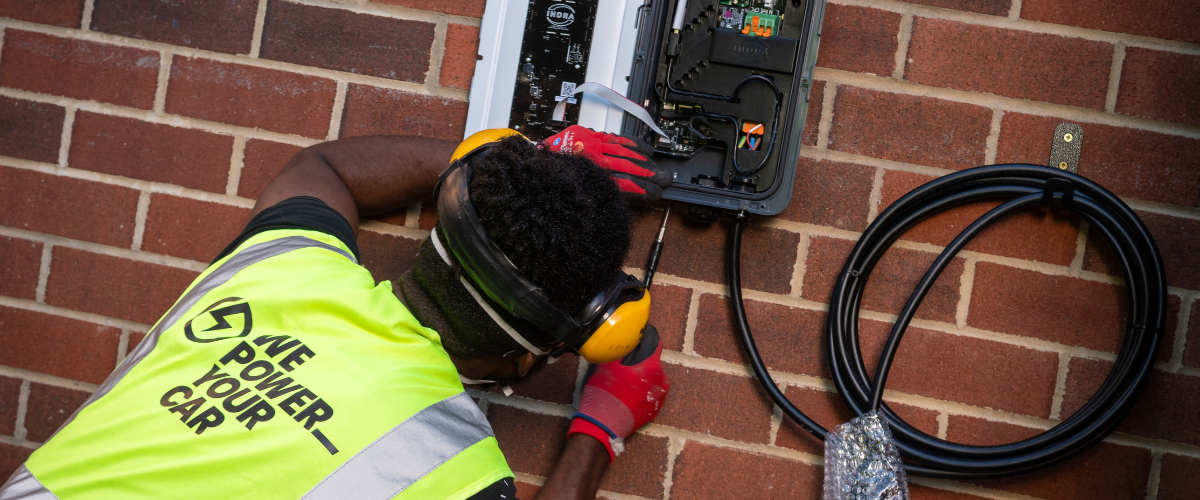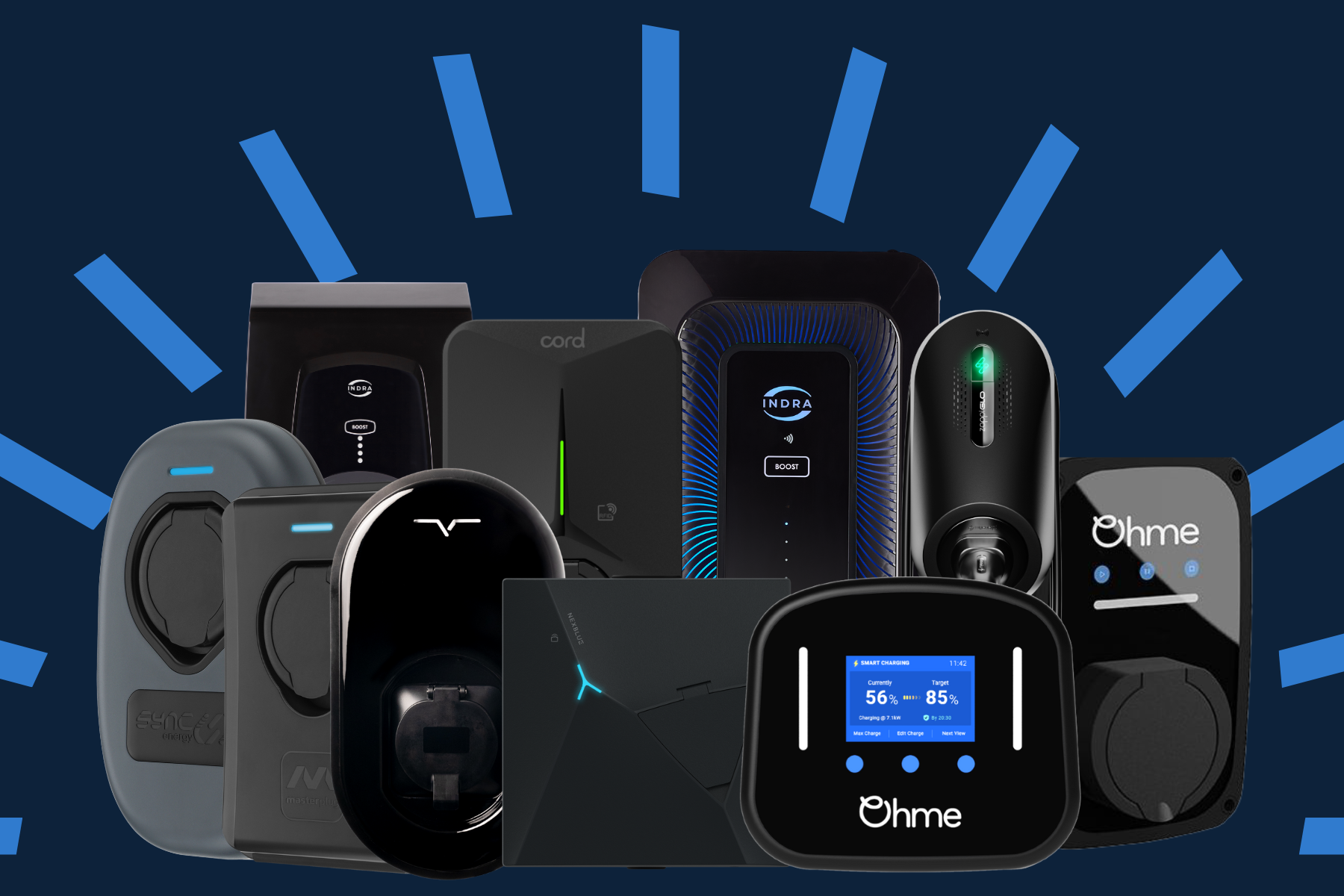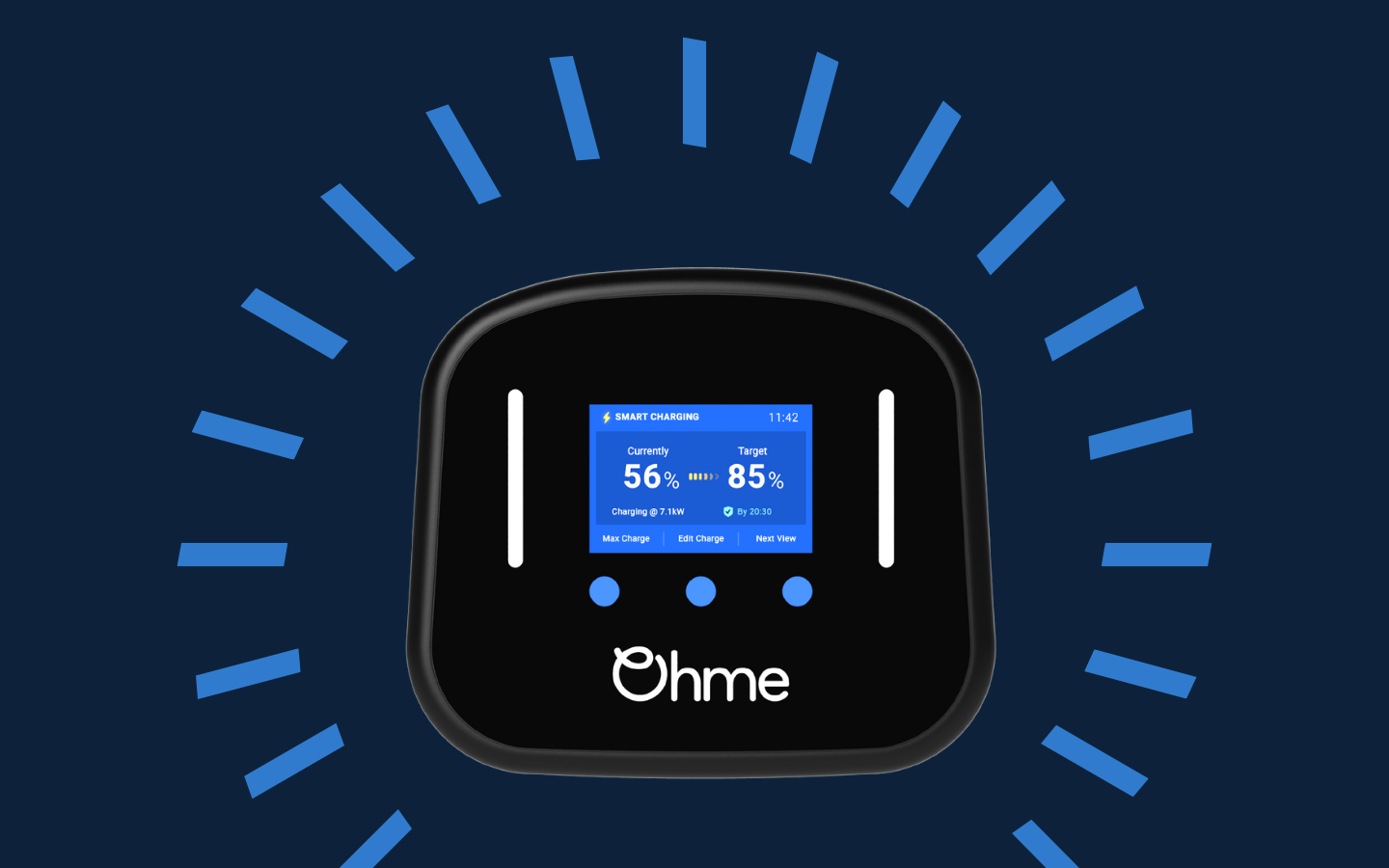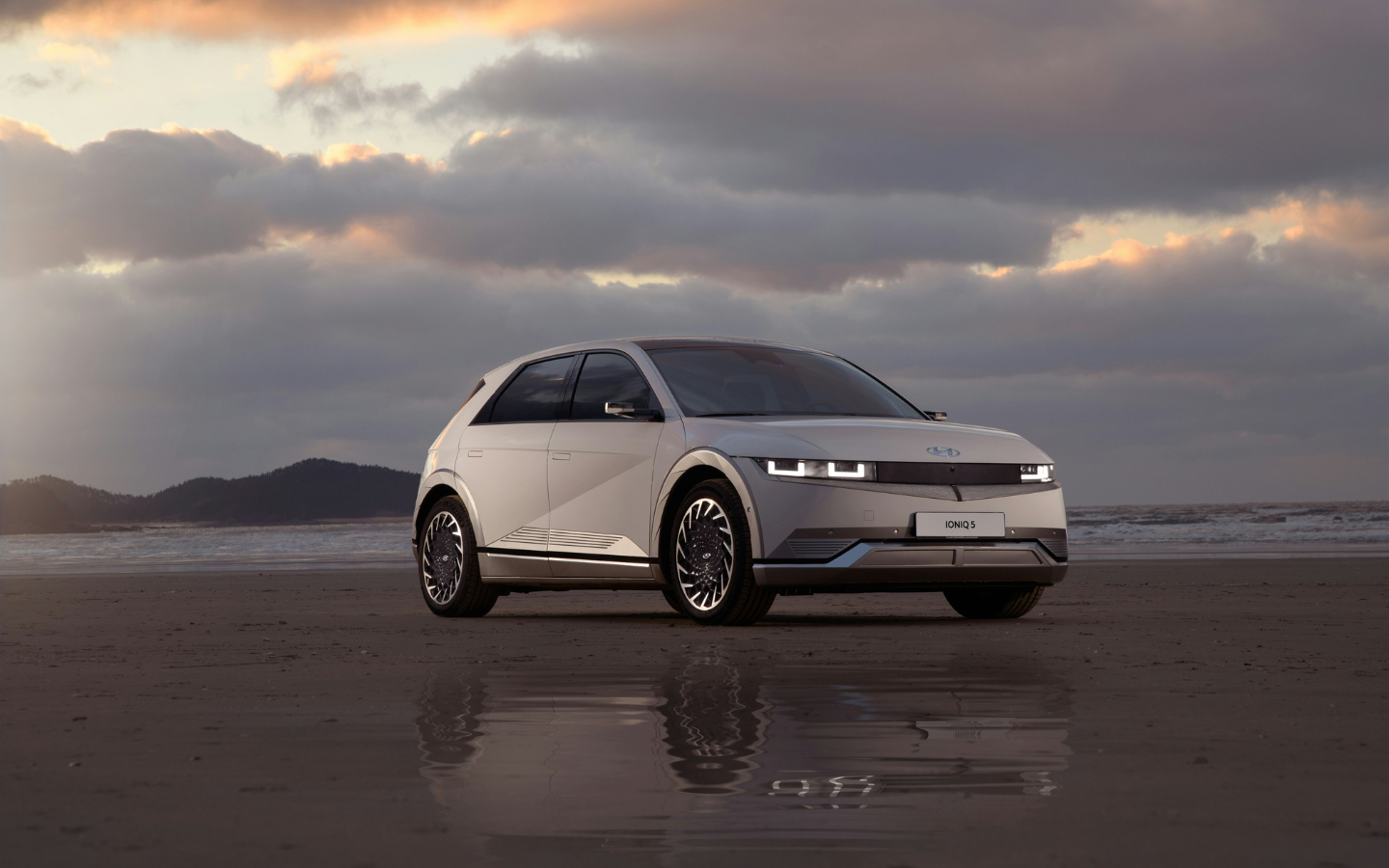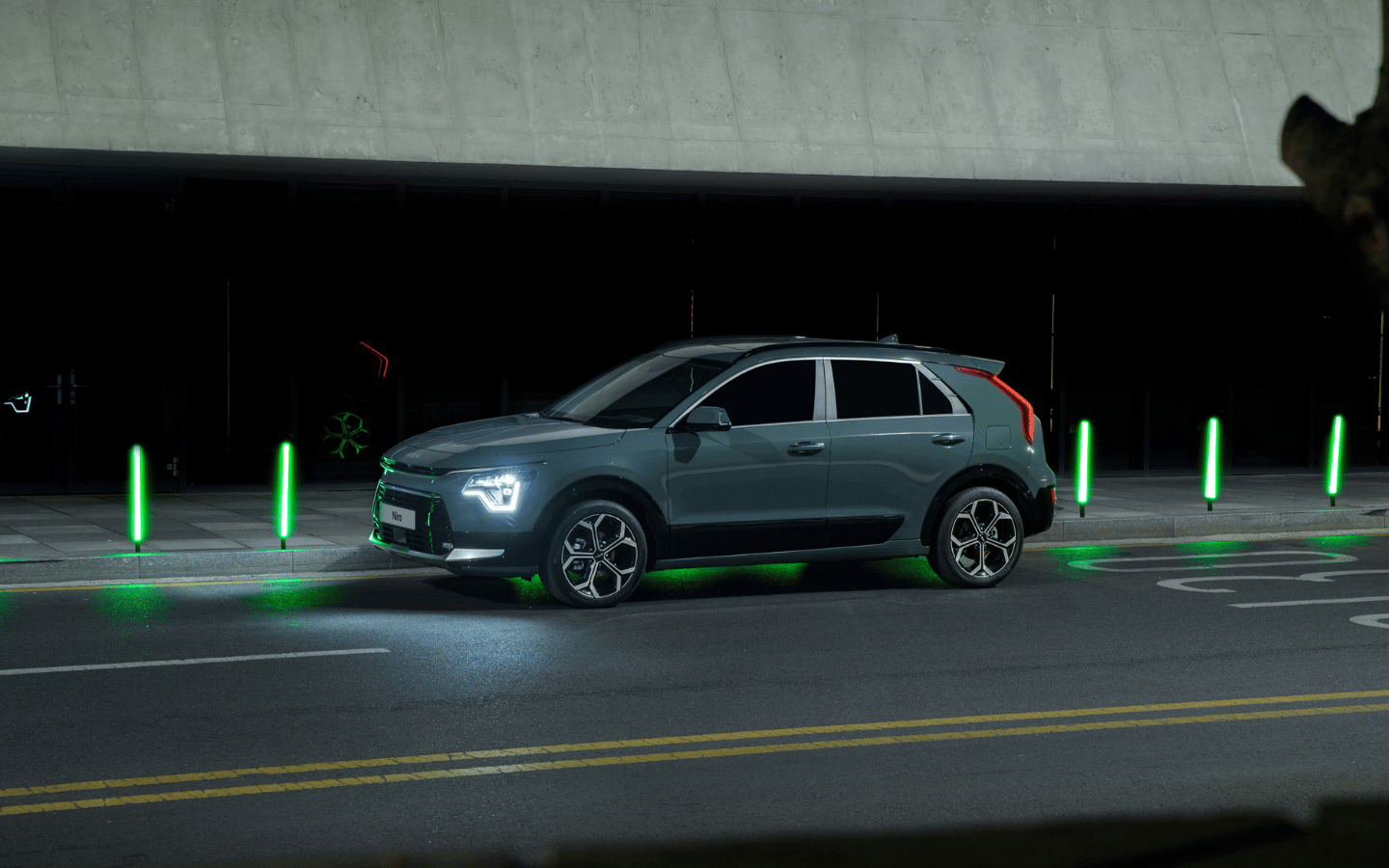
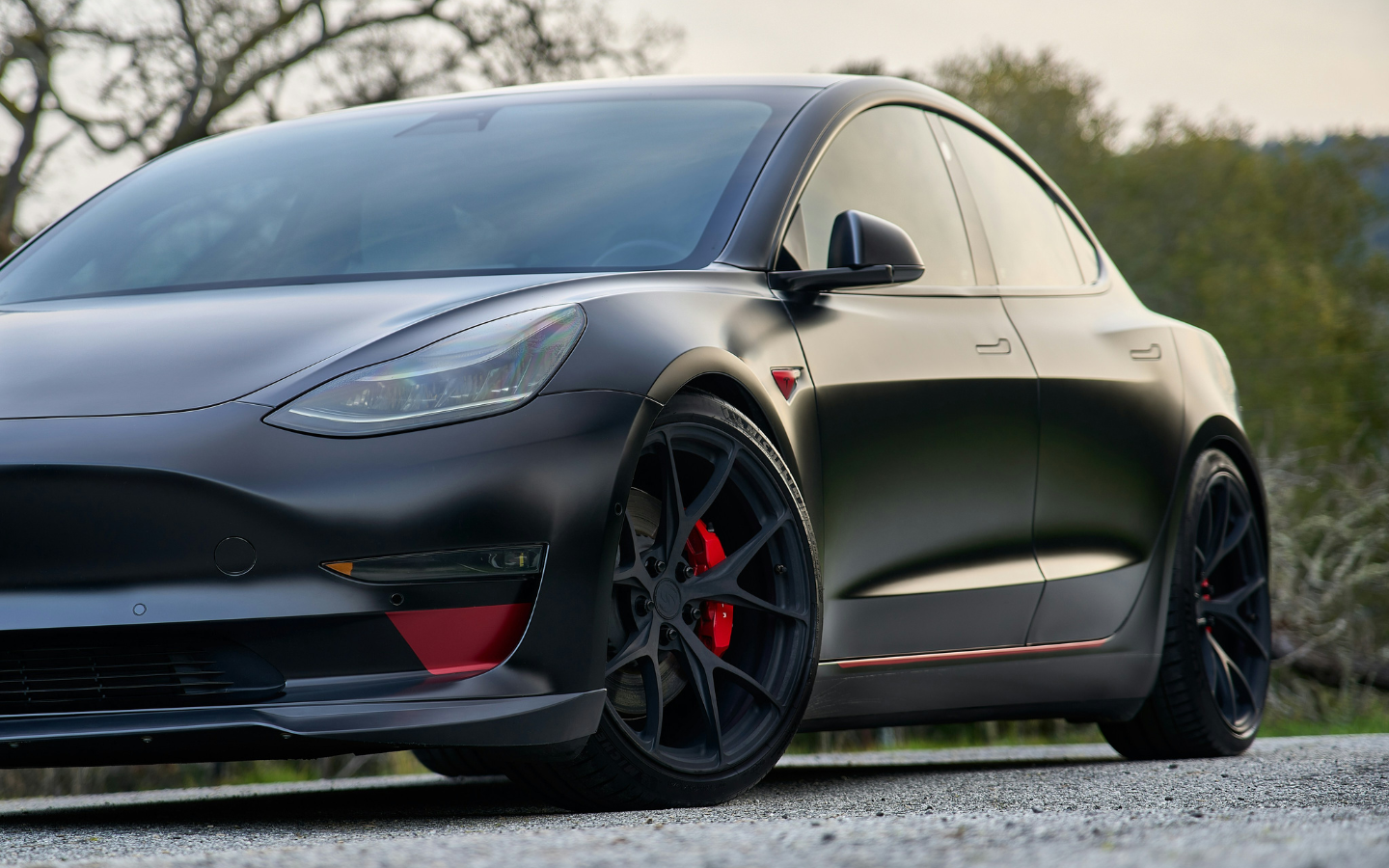
Electric Car Depreciation – Separating Facts from Fear
Imagine you’ve just bought your new electric car. Keys have swapped hands, seatbelts are clicked in, and your hands are firmly on the wheel.
But just as you look over your shoulder, you’re scanning the forecourt and see the number of EVs and ICE vehicles on sale…
And you start to wonder about electric car depreciation.
Whispers and rumours are amuck about electric cars. Some are true. Most are not.
But what about electric car depreciation? What is the rate of depreciation of electric vehicles? Do electric cars depreciate faster than petrol and diesel vehicles?
Today, our article covers everything you need to know about EV depreciation in the UK.
Quick Definitions:
EV – Electric vehicles.
ICE – Internal combustion engines (petrol and diesel vehicles).
What is depreciation?
In simple terms, depreciation is the rate at which a car loses value over time. Unfortunately, the moment you drive your brand-new car from the dealership, it’s already worth less than what you paid.
Unlike other purchases, such as buying a house or certain luxury goods, cars are, unfortunately, assets that depreciate – and fast. A car loses value as it ages, gains mileage, or suffers wear and tear.
EV vs ICE depreciation – Do electric cars depreciate faster than combustion engine vehicles?
We are not going to lie to you. Sadly, electric vehicles depreciate slightly faster than ICE vehicles (petrol and diesel cars). But there is a method behind the madness.
Truthfully, electric cars – especially brand-new models – are more expensive than petrol and diesel vehicles. This is likely to result in steeper depreciation. Just like when you purchase a luxury ICE model at its list price, a sharp drop occurs, regardless of its interior parts.

What is the depreciation rate of electric cars? How fast do electric cars depreciate?
The exact electric car depreciation rate is not set in stone. In fact, it’s not an exact science, and different models and makes of EVs will depreciate at different rates, just like ICE vehicles.
Generally, ICE (internal combustion engine) cars lose about 40% of their value in 12 months, and by the end of year three, they’re often down by 60%, according to the AA. For electric vehicles, though, Autotrader notes there’s often a sharper drop within those first three years.
So, while ICE cars tend to lose value more gradually, electric cars might take a steeper hit upfront—but it’s not the same story for every EV.
What’s more, the difference between EV and ICE depreciation is diminishing, with depreciation soon to be on equal playing fields, especially as electric car sales surge (roughly 1,850,000 according to Zap-Map) and with the ban on the sale of petrol and diesel vehicles in 2030. As electric cars increase on UK roads, ICE vehicle values will likely be squashed as demand decreases.
What influences electric car depreciation?
Many factors play a role in how much an electric car depreciates. Nowadays, it’s important to consider these when buying your EV:
- Make and model: Some electric cars retain value better than others. High-end brands, like Tesla and BMW, tend to hold value more than smaller, lesser-known EV manufacturers.
- Mileage: Just like petrol cars, electric cars with higher mileage lose value faster – especially if they are younger. More so if combined with significant wear and tear from long hours on the road.
- Battery health: Unlike ICE vehicles, an EV’s battery condition has a major impact on your vehicle’s resale value. A battery with a reduced range due to battery degradation will drive the price down.
- Market demand: Supply and demand. If there’s a limited supply of a particular model that buyers want, its value tends to hold better. However, if there’s a large supply of less popular or older models, it may lead to faster depreciation as buyers have more options. Plus, if the demand for electric cars is shaky, then electric car manufacturers will offer discounts and incentives that might drive down your resale price.
- Age & Years of Ownership: Each year, manufacturers release newer EV models with fresh tech and larger ranges. Just like phones or laptops, electric cars – to some – can feel obsolete after a few years. Ultimately, this can push down the value of older models, even if they’re still in working order.
- Condition: Just like ICE vehicles, the state of your electric car inside and outside will be a deciding factor in price. Dent in the side? Chip on the paint? It goes without saying that this will plummet your resale price.

How to reduce depreciation on an electric car:
While you can’t stop EV depreciation – just like ICE depreciation – there are ways to slow it down:
1. Choose your EV carefully
One for before you buy – avoid some of the fastest depreciating electric cars on the market if you can. Instead of choosing EVs with small ranges or new, obscure models, choose popular EVs with long ranges or, if you’re lucky enough – premium EVs.
Tesla Model Y, Porsche Taycan, Hyundai Ioniq and Mercedes Benz are all good options for slower electric car depreciation.
2. Keep Your EV in Shape:
- Stay on top of maintenance: A little EV TLC goes a long way. Keep up with routine servicing to keep everything running smoothly, and it’ll show when it’s time to sell.
- Take care of the battery: The battery is the heart of your EV. Take care of it. Avoid too much rapid charging (think 80-20 rule for charging levels), for one. Explore more ways of protecting your electric car battery.
- Repair and replace, if needed: If something needs fixing, get it sorted. Even if it’s just aesthetic, it’s often worth it, as keeping your car’s interior and exterior intact can help maintain the car’s value over time.
3. Make the Most of Modern Tech:
- Keep up with software updates: Many EV brands offer updates that add new features or improve tech. Staying current can make your car more appealing to future buyers.
- Battery warranty: Some EVs come with a long battery warranty. Get your battery checked out, and replace it under the warranty if need be.

4. Think Ahead with Resale in Mind:
- Pick your resale moment: The EV market can be volatile. But it’s on the up and is steadier as the years go by. Sell when electric cars are in demand – as a baseline, think 2030 and up.
- Pay attention to incentives: Government grants can affect resale prices, so keep an eye on market trends to sell at the right time.
Electric vs petrol car depreciation – who wins?
Overall, EV car depreciation is not something to worry about. Soon, the depreciation of EV cars will match ICE cars. If you’re contemplating an electric car—don’t let worries about electric car depreciation stop you. Truthfully, the benefits of EVs outweigh some of the potential risks. And as years go on, electric cars will be in more demand, meaning by the time you want to sell, EV depreciation won’t be much of an issue.
Already made the switch and ready to start saving?
Invest in a home EV charger. Save on home charging costs with the right home charging set-up. For example, charge during off-peak hours with an Ohme charger (Ohme Home Pro and Ohme ePod) and the Intelligent Octopus Go tariff for 7p per kWh. Explore EV charger installation in-depth.
Get your free EV charger and installation quote below. Or, if you have any questions feel free to contact us for unbiased advice or support.
